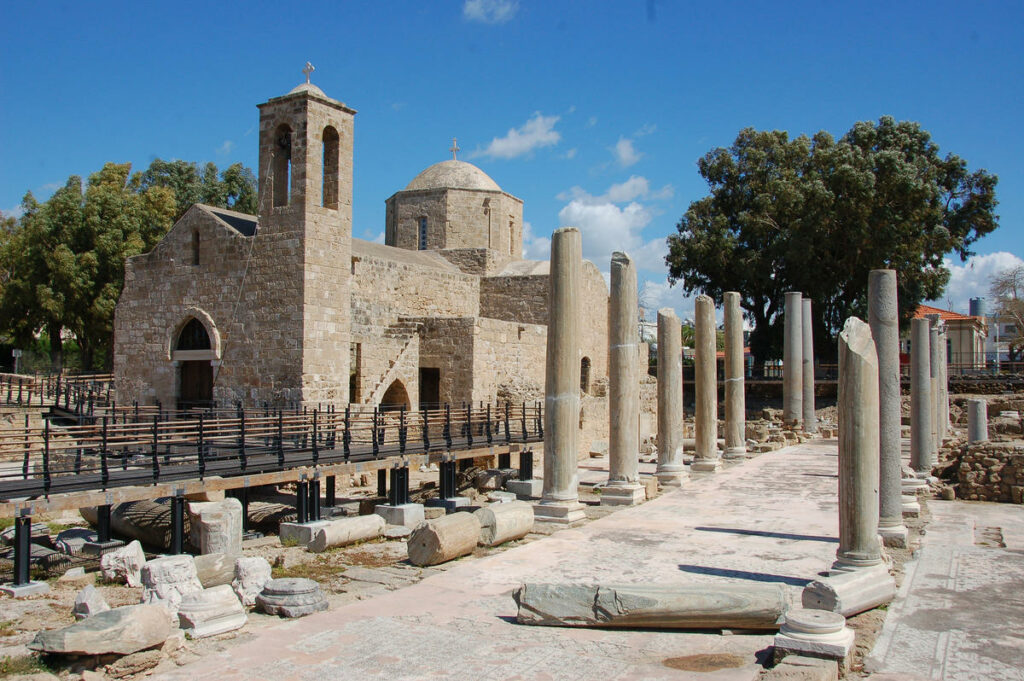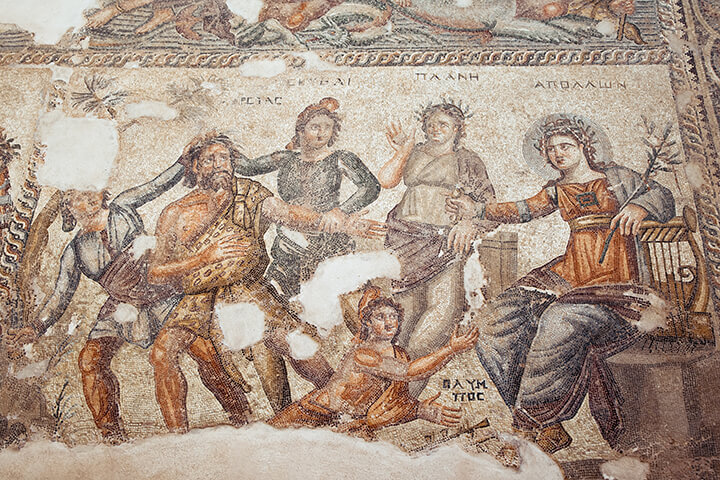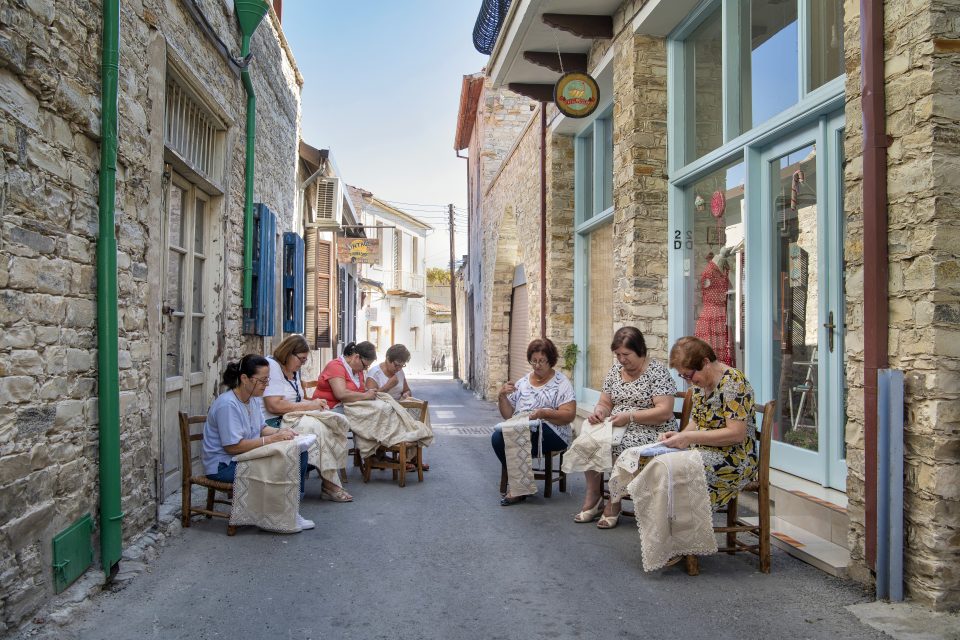
Because of its strategic location between Asia, Africa, and Europe, Cyprus has a rich, turbulent history and heritage dating back over 3,000 years.
Since Rome, the island has been occupied by a number of significant imperial powers, with the Ottoman conquest causing the most harm to the island’s population and economy.
Its cultural roots are broad, encompassing every ethnic influence from its numerous ownership changes.

The Neolithic settlement of Khirokita, now a UNESCO World Heritage site, shows that Cyprus has been inhabited from prehistoric times.
After their empire fell apart 3,000 years ago, Mycenaean Greeks arrived, giving the island its Greek flavor and mythological connections.
Between 708 and 545 BC, the island was dominated by three empires in succession: Assyrian, Egyptian, and Persian, followed by Alexander the Great’s armies and Ptolemaic Egypt.
Cyprus had become a member of the Roman Empire by 58 BC.

Following the fall of Rome, Cyprus was ruled by the Byzantines until it was seized by England’s King Richard I in the 12th century.
The king sold it almost immediately to the powerful Knights Templar, who transferred it on to Guy de Lusignan’s brother, who became the first King of Cyprus.
Venetian rule was established in the 15th century, and the cities of Nicosia, Famagusta, and Kyrenia were fortified against Ottoman incursions, with the walls still remaining today.
For nearly two centuries, Frankish aristocrats, Italian merchants, and Hellenized Cypriots coexisted uncomfortably.

When the Ottoman Empire saw Venice’s influence wane, it launched a full-scale attack in 1570 and eliminated the feudal system.
Its control ranged from brutal to apathetic, and Cyprus’ economy was in shambles by the time the Ottomans were defeated.
In 1828, the first president of mainland Greece sought for Cyprus to join Greece, sparking riots on the island by both nations.
Enosis (union with Greece) had become the objective by the end of the nineteenth century.

Although Ottoman sovereignty lasted until 1914, the British took Cyprus as a major node in its colonial routes in 1878.
It became a British colony in 1925 and remained so until 1960, when it gained independence.
Turkey’s first response was to press for Turkish sector autonomy, with Cypriot president Archbishop Makarios siding with the Greeks.
A coup by the Greek military junta provoked a Turkish invasion of Cyprus, culminating to war, after ten years of diplomatic deadlock.

30,000 Turkish forces arrived around Kyrenia and Nicosia, and a successful second invasion began a week later, despite the fact that the fighting only lasted a few days before a ceasefire.
By the time the next ceasefire came into effect, Turkey had taken control of 37% of Cyprus, and 180,000 Greek homeowners had been displaced.
The Turkish Republic of Northern Cyprus was established in 1983 and is still solely recognized by Turkey.
Despite the fact that Cyprus is now a member of the EU, the matter remains unsolved.

Cyprus’ culture is separated between its two ethnic portions, each with different characteristics and religions that are kept separate from one another.
The Turkish entrance in 1570, compared to more than 2,000 years of Greek hegemony, suggests that future unity is unlikely.
Music, dance, poetry, visual arts, and pride in a long, turbulent history are all strengths of Greek culture, as evidenced by traditional feasts and festivals associated with Greek Orthodox saints’ days and other comparable occasions.
Prior to the events of 1994, Greek and Turkish Cypriots lived together in villages and shared celebrations and community events. Since then, the two communities have been effectively isolated from each other, although there are many things still in common due to more than 400 shared years before partition. Families are the most important loyalty, and hierarchy related both to age and position is essential in both Islam and Orthodox Christianity.
